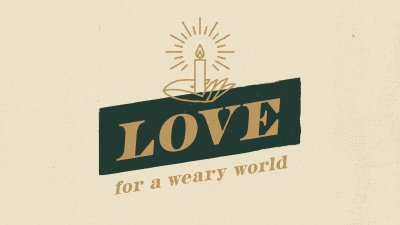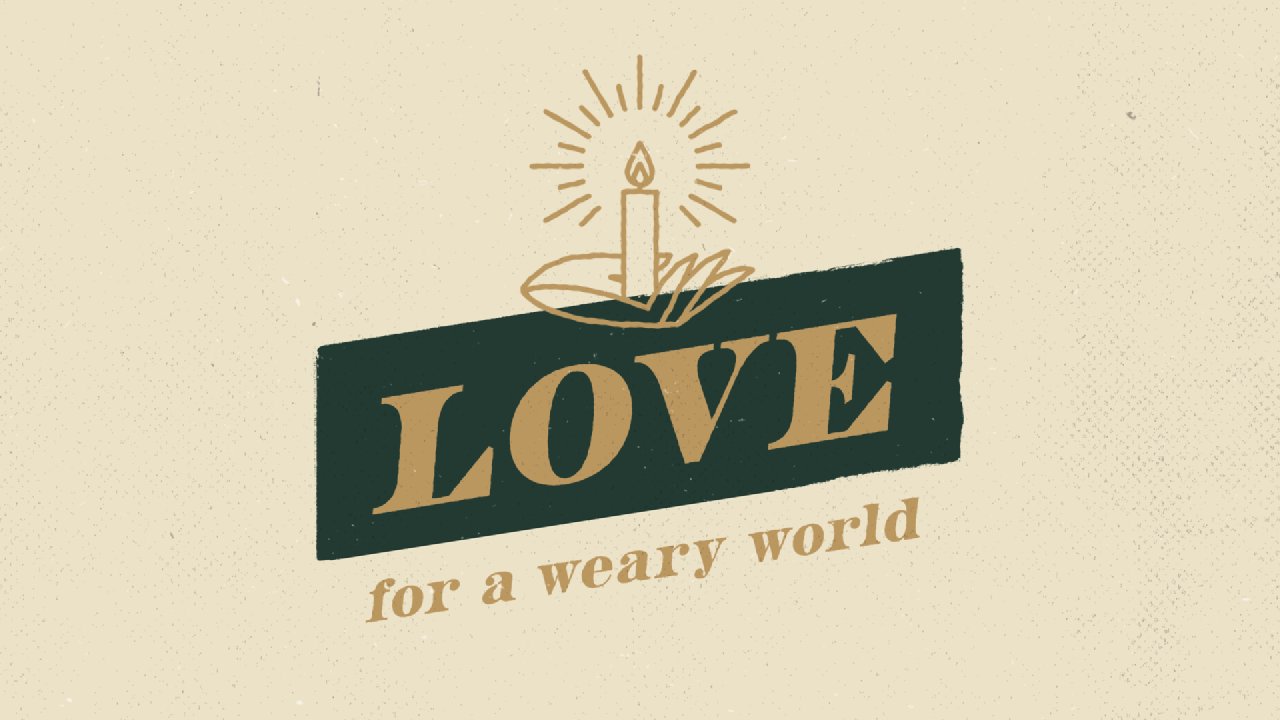In Paul’s letters, he reflects on God’s love. He teaches about how it extends beyond the Jews to include the Gentiles and how nothing at all can separate God’s people from its measures. In one letter, Paul recognizes that Jesus’ love is so massive that people need supernatural help to understand and rely on it. Paul then prays for his readers to be strengthened with God’s Spirit.
READ
Ephesians 3:14-21, Romans 8:38-39
REFLECT
-Read the passages of the day carefully. Pay attention to the words and metaphors Paul uses. What do you observe?
-Have you ever wondered if you (or someone else) have sinned too much to receive the love of God? Our sin might be tall and deep, but Jesus’ love is taller and deeper Or in other words, where there is more sin than we can recall, Jesus’ love can forgive even more than we can fathom. We cannot earn God’s love; we can only humble ourselves to receive it. Who else needs a reminder of this good news today?
-Turn your reflections into a prayer to God from your heart. Ask God to give you strength to understand and trust Jesus’ love for you and for others.

Day 28
Day 22 - LOVE video intro
The word “love” is one of the sloppiest words in our language, as it primarily refers to a feeling that happens to a person. In the New Testament, “love” refers to a way of treating people that was defined by Jesus himself: seeking the well-being of others regardless of their response. READ 11 Beloved, if God so loved us, we also ought to love one another. 1 John 4:11


Day 23
When Jesus is asked about the most important command in the Old Testament, the Hebrew Bible, he answers by quoting from the ancient prayer known as the Shema, “love the Lord your God with all of your heart.” But that’s not all. Jesus quickly follows up by saying that another command from the Hebrew Bible is also the most important, “love your neighbor as yourself.” So which is most important? For Jesus, both are vital because the first command cannot be obeyed without heeding the second. They are inseparable. A person’s love for God is expressed by their love for others. READ 29 Jesus answered, “The most important is, ‘Hear, O Israel: The Lord our God, the Lord is one. 30 And you shall love the Lord your God with all your heart and with all your soul and with all your mind and with all your strength.’ 31 The second is this: ‘You shall love your neighbor as yourself.’ There is no other commandment greater than these.” Mark 12:29-31 5 You shall love the LORD your God with all your heart and with all your soul and with all your might. Deuteronomy 6:5 18 You shall not take vengeance or bear a grudge against the sons of your own people, but you shall love your neighbor as yourself: I am the LORD. Leviticus 19:18 REFLECT -Pay attention to what Jesus says after quoting from the Hebrew Bible. What questions, thoughts, or feelings come up for you as you reflect on his words? -Review the passages from Deuteronomy and Leviticus. What do you observe? How does this impact you today? -Turn your reflections into a prayer to God from your heart.


Day 24
The Hebrew Bible records the history of God’s people repeatedly neglecting the greatest commandment to love God and others. How can we hope to do any better? Jesus helps us when he adds a new commandment to accompany the greatest commandment. His new command shows how his own sacrificial love can empower his followers to love others. READ 34 A new commandment I give to you, that you love one another: just as I have loved you, you also are to love one another. John 13:34 29 Jesus answered, “The most important is, ‘Hear, O Israel: The Lord our God, the Lord is one. 30 And you shall love the Lord your God with all your heart and with all your soul and with all your mind and with all your strength.’ 31 The second is this: ‘You shall love your neighbor as yourself.’ There is no other commandment greater than these.” Mark 12:29-31 9 In this the love of God was made manifest among us, that God sent his only Son into the world, so that we might live through him. 10 In this is love, not that we have loved God but that he loved us and sent his Son to be the propitiation for our sins. 11 Beloved, if God so loved us, we also ought to love one another. 1 John 4:9-11 REFLECT -Compare John 13:34 with Mark 12:29-31. What is the difference between these two commands? How does Jesus’ own example renew/fulfill the greatest command? -Review 1 John 4:9-11. What words or phrases stand out to you? According to this passage, why did Jesus give his life, and what should motivate our love for others? -Take a moment to pray in response to what you learned today.


